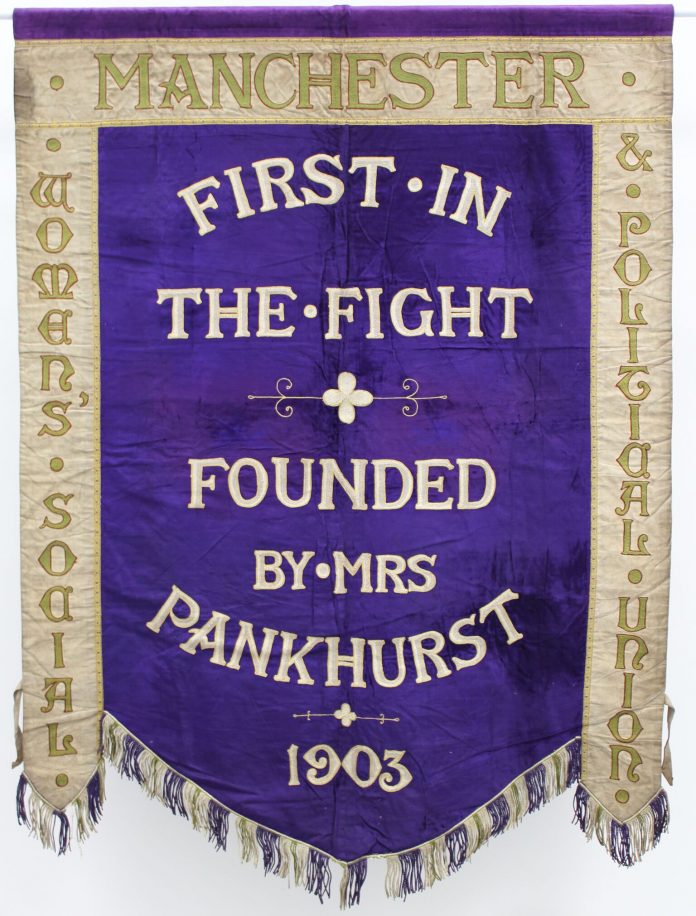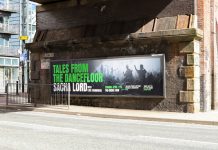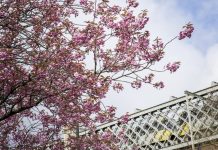A new exhibition has opened this week at Manchester’s People’s History Museum a century on from when the Representation of the People Act in 1918 gave all men and some women the right to vote in Britain,and asks what progress has been made since this time.
The exhibition,Represent! Voices 100 Years On, opened last Friday by recreating a defining moment in the history of suffrage. 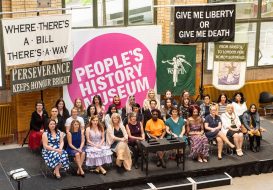
Today’s campaigners for equality filled the places of those who in 1910 were seeking to have their voices heard, ahead of a march which would become known as Black Friday due to the atrocities that were inflicted upon those seeking to gain the right to vote.
Some of the nation’s most significant Women’s Social and Political Union (WSPU) pieces feature in the exhibition, reflecting the powerful and iconic legacy of the suffragettes. The Manchester suffragette banner (1908), that declared ‘First in the Fight’ as a reminder that Manchester is the city where the suffragette movement began, is on display for the first time.
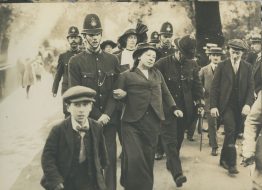 It takes its place alongside a Holloway brooch (1909) gifted to those suffragettes who were imprisoned, a WSPU hunger strike medal that in 1910 was awarded to suffragette Selina Martin, posters announcing WSPU demonstrations, and promotional postcards from the time, including some featuring Emmeline and Christabel Pankhurst.
It takes its place alongside a Holloway brooch (1909) gifted to those suffragettes who were imprisoned, a WSPU hunger strike medal that in 1910 was awarded to suffragette Selina Martin, posters announcing WSPU demonstrations, and promotional postcards from the time, including some featuring Emmeline and Christabel Pankhurst.
The militancy of the suffragettes was at odds with the suffragist campaigners represented by organisations such as the Women’s Freedom League, the Actresses Franchise League, the Men’s Political Union, the Suffrage Atelier and the National Union of Women’s Suffrage Societies (NUWSS), whose manifesto from 1914 states its strong opposition to such methods.
The stories of champions who were almost forgotten in their time, such as suffragist Margaret Ashton, are told alongside those whose achievements have gone down in history.
These include Ellen Wilkinson, one of the first female MPs elected into parliament (1924) and Diane Abbott, the first black female MP, who was elected in 1997 and whose portrait from 2004 (on loan from the Houses of Parliament) appears in the exhibition. Just as importantly, the stories of everyday inequality are explored; from playing football to getting a mortgage, from birth control to equal pay.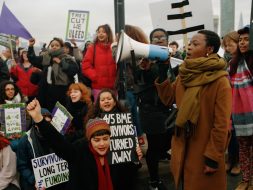
People have been marching for equality for centuries and the placards and posters that carry their messages symbolically represent the fact that this is an ongoing journey. Modern pieces displayed in the exhibition emanate a sense that those who campaigned before them are the inspiration for those taking forward the quest today.
This connection is seen in the From The City Of Pankhurst With Love placard from the Women’s March Manchester (2017) and in the This Is For Holloway banner from campaigning organisation Sisters Uncut, who have been fighting to reclaim the former prison as a safe community space for women since it closed in 2016.
Helen Antrobus, Programme Officer at the People’s History Museum, says, “Our opening reflects the powerful stories that are explored in the exhibition, which acknowledges those who have campaigned for equality by looking to those who are continuing this quest today. These stories, and the exhibition, make people feel uncomfortable at how little has changed, but also empowered and inspired to be the change that is needed. The exhibition highlights that the words and campaigns of the past are still very much alive in the present.”
The People’s History Museum is open seven days a week from 10.00am to 5.00pm, Radical Lates are on the second Thursday each month, open until 8.00pm. The museum is free to enter with a suggested donation of £5. This is a Family Friendly exhibition that runs from 2 June 2018 to 3 February 2019.

